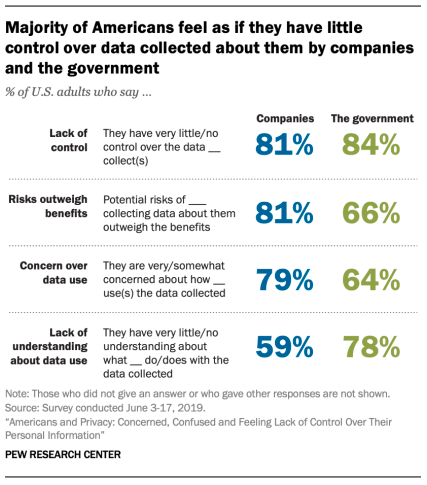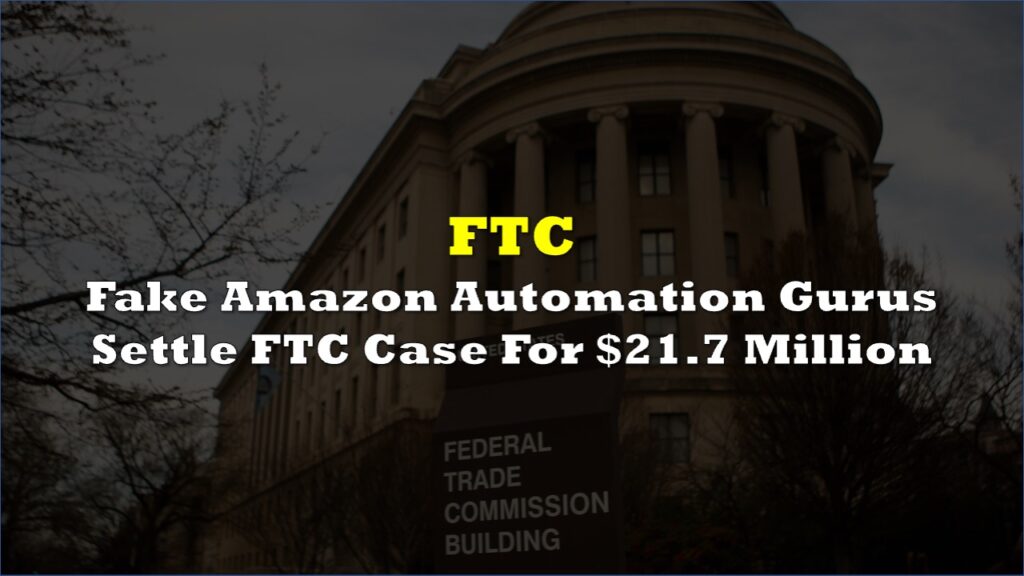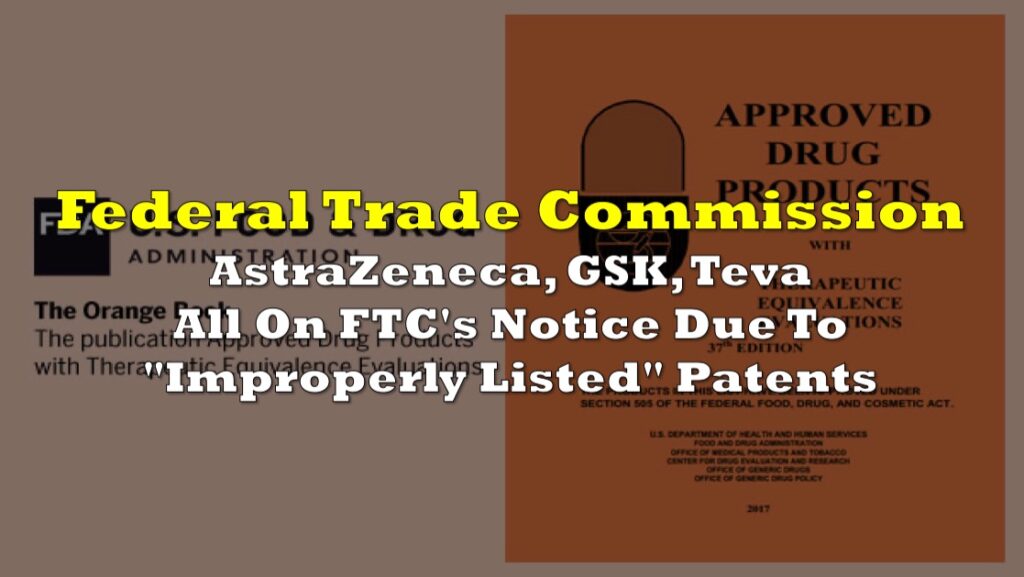The Federal Trade Commission announced on Thursday its Advance Notice of Proposed Rulemaking (ANPRM) set to explore rules on how to crack down the “harmful commercial surveillance and lax data security.”
In a 3-2 vote, the agency launched the notice that will seek “public comment on the harms stemming from commercial surveillance and whether new rules are needed to protect people’s privacy and information.”
“Firms now collect personal data on individuals at a massive scale and in a stunning array of contexts,” said FTC Chair Lina M. Khan. “The growing digitization of our economy—coupled with business models that can incentivize endless hoovering up of sensitive user data and a vast expansion of how this data is used—means that potentially unlawful practices may be prevalent.”
The commission plans to engage the public “to begin building a rich public record” to help assess if rulemaking is necessary and the form on which it should take. The public discourse would include topics like the extent of procedural protections against limits of the consent framework, the ease of administering the rules, evaluating business models centered on generating income from commercial surveillance, and the possible extent of the harm within the workplace.
“Robust public engagement will be critical—particularly for documenting specific harmful business practices and their prevalence, the magnitude and extent of the resulting consumer harm, the efficacy or shortcomings of rules pursued in other jurisdictions, and how to assess which areas are or are not fruitful for FTC rulemaking,” Khan said in her statement.
The commission cites the Section 18 of the FTC Act that grants authority to “to issue rules that identify specific business practices that are unlawful by virtue of being “unfair” or “deceptive”.”
Commercial surveillance is a practice where tech companies “collect vast troves of consumer information, only a small fraction of which consumers proactively share.” These data sets are then analyzed and presented as marketable products to other companies who would pay for the consumer data.
Some of the concerns the agency sees with the practice are lack of adequate data security policies, surveillance measures made addictive to children, proneness to errors, bias, and inaccuracy, and making surveillance a condition for providing or accessing a service.

In her dissenting opinion, Commissioner Christine Wilson emphasized that “an FTC rulemaking would be vastly inferior to federal privacy legislation” as the US Congress currently deliberates the American Data Privacy and Protection Act (ADPPA).
“The momentum of ADPPA plays a significant role in my “no” vote on the Advance Notice of Proposed Rulemaking (ANPRM) announced today. I am gravely concerned that opponents of the bill will use the ANPRM as an excuse to derail the ADPPA,” Wilson wrote.
She added that Khan’s public statements give “no basis to believe that she will seek to ensure that proposed rule provisions fit within the Congressionally circumscribed jurisdiction of the FTC” as well as no reason “to believe that she harbors any concerns about harms that will befall the agency (and ultimately consumers) as a consequence of her overreach.”
The dissent from Commissioner Noah Phillips echoed the same concern, saying “Congress—not the Federal Trade Commission—is where national privacy law should be enacted.”
“Take, for example, the ANPR’s treatment of “personalized” or “targeted” advertising. The majority seems open to banning—ahem, “limiting”— targeted advertising. Limiting or banning targeted advertising will be a heavy lift for many reasons, not the least of which is that we have never brought a case alleging that targeted advertising is unfair,” Phillips noted in his dissent.
Chan explained, however, that the Section 18 of the FTC Act lays out extensive procedural steps and the rulemaking will take time, should it come to it; hence, the commission “will have ample opportunity to review.”
“If Congress passes strong federal privacy legislation—as I hope it does—or if there is any other significant change in applicable law, then the Commission would be able to reassess the value-add of this effort and whether continuing it is a sound use of resources,” Chan added.
The public will also have an opportunity to share their input on these topics during a virtual public forum on September 8, 2022.
Information for this briefing was found via FTC and the companies mentioned. The author has no securities or affiliations related to this organization. Not a recommendation to buy or sell. Always do additional research and consult a professional before purchasing a security. The author holds no licenses.









